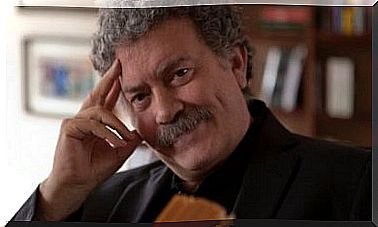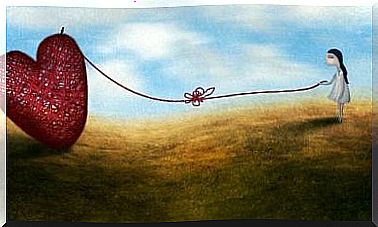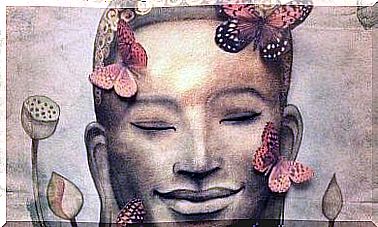Reading And The Brain: Do You Know What Reading Can Do For Your Brain?

Some things have the power to cause positive changes in your brain. One of them is reading. Reading really does some fascinating things to your brain. What do we know about reading and the brain? While not every book has this power, several studies show that reading stories about characters, real or fictional, is arguably one of the most transformative activities you can do.
In today’s world, many people wonder what literature is good for in the first place. They say you can get the same benefits from watching a movie, and easier. A book and all the words in it have to compete with special effects. Not everyone gets to the point while reading that they feel like they’re part of the story. That’s why some prefer to see the story on a screen.
However, it is clear that reading offers a very different experience than watching a movie. First of all, reading requires more concentration, abstraction and imagination. Second, the changes it causes in the brain are much more intense and long-lasting. Let’s see what experts have to say about it…
Reading and the brain: changes in perception
Your perception of the world changes when you read. According to Keith Oatley, professor of cognitive psychology at the University of Toronto, reading a well-described passage is like seeing the same scene in a movie.

Your mind uses memorized objects that are similar to those described in the passage. It’s like taking a mental picture. Therefore, several processes are working at the same time. These processes include memory, perception and creativity.
After reading several passages with detailed descriptions, we can then create an album of scenes. The album is unique to each individual and not transferable. Your mind coordinates all of these elements, making associations between what you read and what you know. This produces changes in your brain in terms of perception and intelligence.
Reading and the brain: reading is the same as experiencing
Researcher Raymond Mar, a psychologist at the University of York, went even further. According to his studies on the subject, everything seems to indicate that the brain doesn’t distinguish well between the things you’ve experienced and the things you’ve read about. Something similar happens when you watch a movie, but with reading it is a more intimate and intense experience. It causes much bigger changes in the brain.

Our brains behave the same way when we imagine a story as it does when we actually experience it. dr. Mar argues that when someone reads about something a particular character does, the brain areas needed to perform this act are also activated in our brains. In other words, we experience reading a story as if we were the character ourselves.
These changes produced in the brain have even been localized through neuroimaging. For example, when a character walks, the areas of motor function associated with walking are activated in the brain.
We literally experience what we read, and this is all due to a certain type of neuron: mirror neurons. Yes, the same neurons that make us mimic, say, a yawn when we see someone else yawning. The neurons that make a baby smile when someone smiles at him.
Reading and the brain… and empathy
Researchers have paid close attention to the changes that reading causes in the brain related to empathy. For starters, they discovered that the parts of the brain used to read and understand the actions of certain characters are the same as the parts used to understand other people. Ultimately, the underlying process of both experiences is a communication process.
On the one hand, we experience what the character is doing as if we were the ones doing it ourselves. On the other hand, we also improve our ability to understand others and connect situations and emotions. In summary, reading is a way to practice and nurture empathy. Somehow we change our view when we read a story.

dr. Mars provides a clear example of this. He cites the example of a character with a disability. If the character’s experiences are told in enough detail, at some point we will understand how he really feels. This is true even if we don’t have any disabilities at all. In other words, we learn to really put ourselves in someone else’s shoes.
These are just some of the benefits that reading can provide. Dozens of brain changes are caused when we sit down to read a book and let the story take us away. A good book transforms us. It helps us grow, connect with the rest of humanity and even become smarter.









